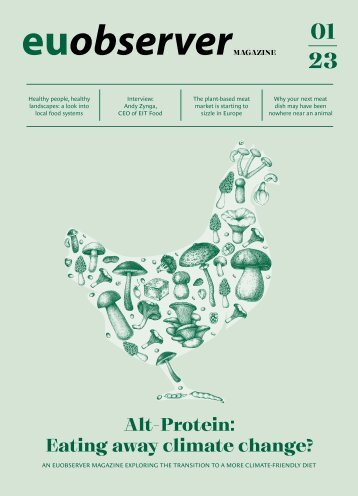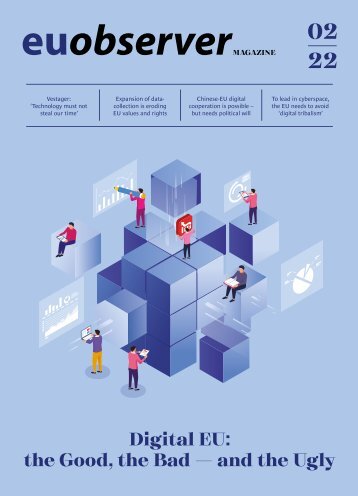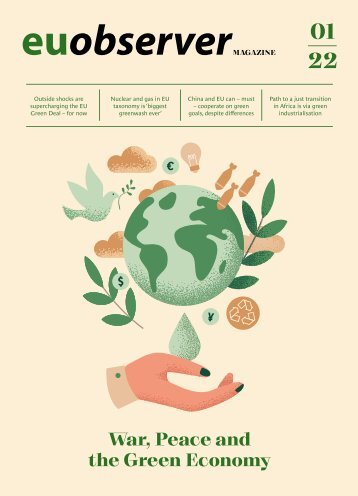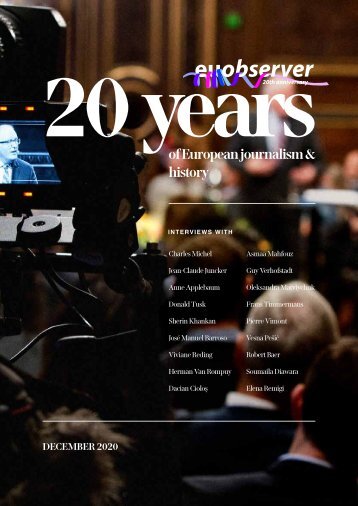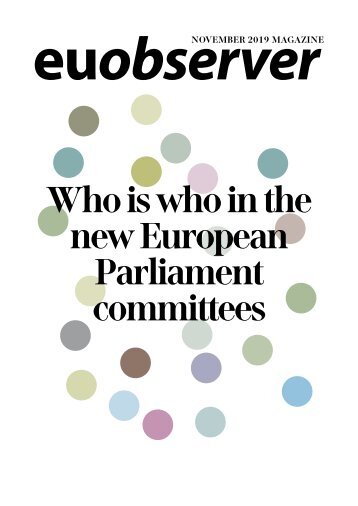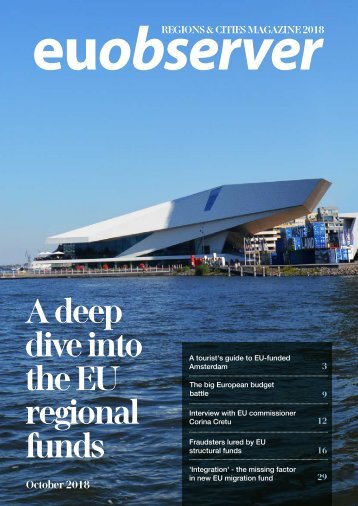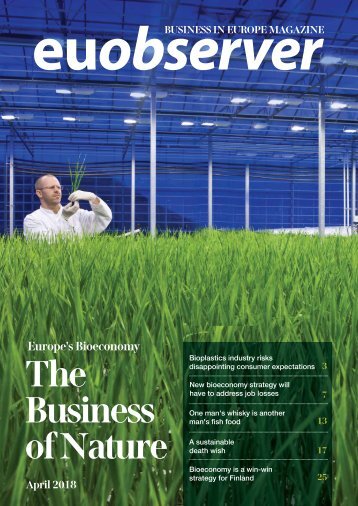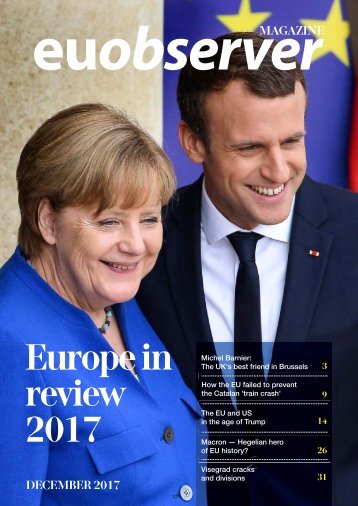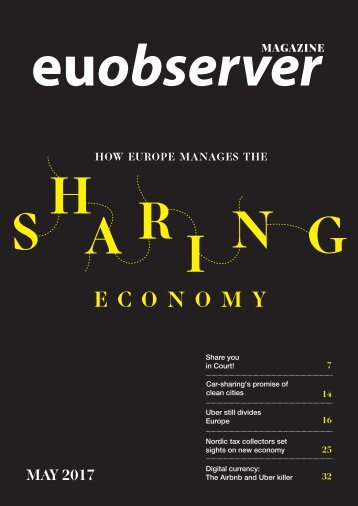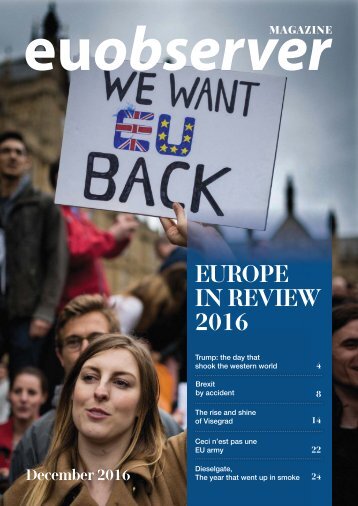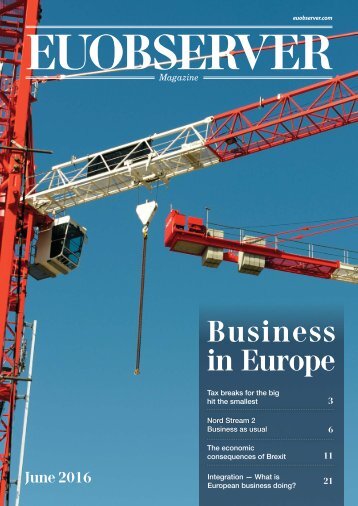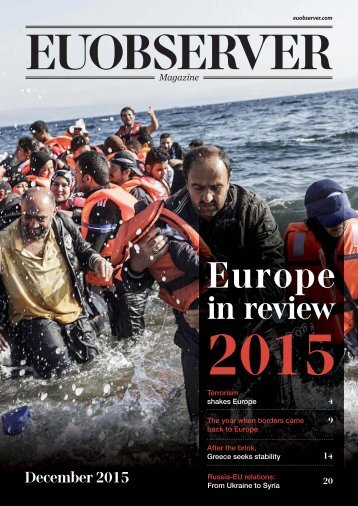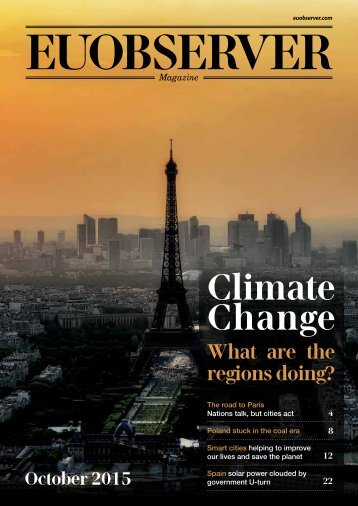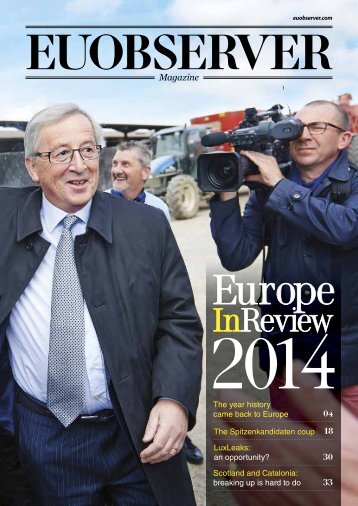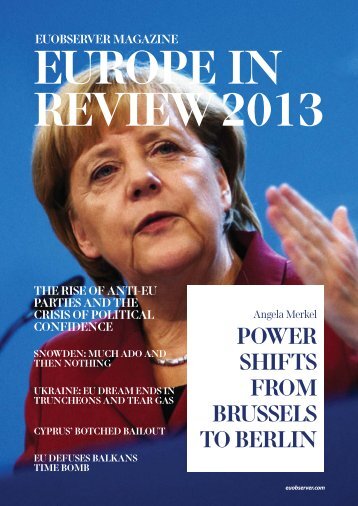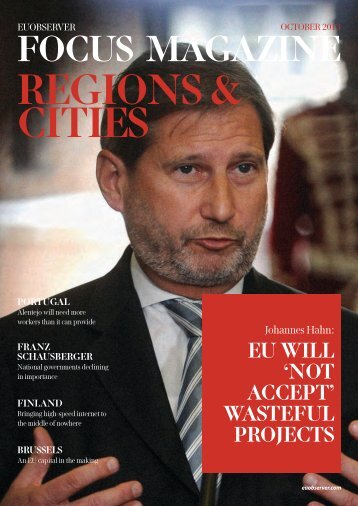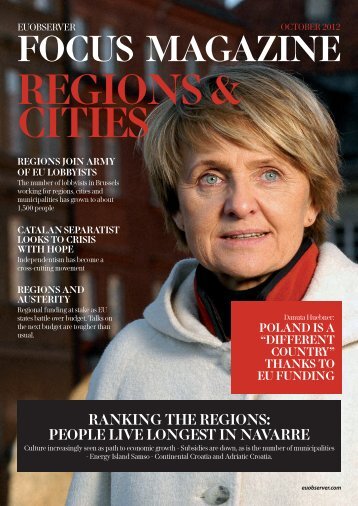War, Peace and the Green Economy
- Text
- Green economy
- Peace
- War
- Ukraine
- China
- Africa
- Europe
WAR, PEACE AND THE GREEN
WAR, PEACE AND THE GREEN ECONOMY INTERVIEW The ‘carbon tax’ MEP with one eye on Mozambique Dutch MEP Mohammed Chahim is rapporteur forthe proposed carbon tax on imported goods which is planned to come into force in 2026. It is one of the biggest and most complex legislative proposals Europe has ever drawn up. By WESTER VAN GAAL Sitting behind his desk on the 15th floor of the European Parliament building, 36-year-old Dutch Socialist & Democrats (S&D) MEP Mohammed Chahim reflects on his already extended career in politics. “I had two passions growing up: maths and politics,” he said. “It is easy to make it sound romantic when it all works out, but you can’t plan your political career.” Following 14 years of municipal politics in Helmond, a town in the Dutch province of Brabant, he was asked by the Dutch Labour party to be their point man on climate and energy in the European Parliament. A mathematician by occupation - before his time in Brussels, he designed models that calculate the environmental impact of economic policy decisions - he seemed like the right man for the job. As vice president of the S&D, he is now responsible for all climate and energy-related issues. And his quick mathematical mind gives him an edge in handling complex dossiers. Last year, he was made rapporteur for the Carbon Border Adjustment Mechanism (CBAM), the proposed carbon tax on imported goods which is planned to come into force in 2026. It is one of the biggest and most complex legislative proposals Europe has ever drawn up. “At the time, nobody else was interested in it, but I immediately knew I wanted to be the one handling this. It is of central importance to the European climate effort,” he said. It will not help the world if only Europe reduces its own emissions to zero. ” Mohammed Chahim It mirrors the EU’s landmark “cap-andtrade scheme” for carbon emissions (ETS) which helps steer European producers towards cleaner modes of production. But in the absence of a global carbon price, companies face competition from exporters elsewhere who can produce at a lower cost. He points out the obvious elephantin-the-room: Europe has already outsourced much of its production — and pollution — to China. “It would not help the world if Europe only reduces its own emissions to zero. We have to set the standard and help other countries adopt European production methods,” Chahim said. CBAM is central to this effort. But Chahim points out CBAM is already making an impact. “Turkey has already adopted new environmental rules and ratified the Paris Climate accords last year because of CBAM,” he said. But there are negative effects he worries about too and some low-income African countries will be especially affected. Mozambique Mozambique, for example, depends hugely on its aluminium exports to Europe. CBAM has the potential to rob the country of one of its most important streams of revenue. This is why Chahim has advocated in parliament to use a large chunk of the proceeds to help low-income countries to build renewable energy systems and clean up their industries. “We have the opportunity responsibility to help least developed nations like Mozambique build a clean energy system.” “Coming from a wealthy country, it is hard for me to tell someone in India they shouldn’t drive a car,” Chahim said. “But I would just love for is them to skip this stage and go straight to Lightyears (solar panel driven cars).” And he wants the Global North to make good on its €100bn pledge to help least-developed countries build up clean energy systems. Chahim, of Moroccan heritage, speaks excitedly about the Noor-Ouarzazate complex, the world’s largest solar power plant in the Moroccan desert. An enormous array of curved mirrors spread over 30km2 that “make you feel humbled.” CBAM is meant to prevent EU companies from moving their polluting industries to regions with laxer environmental rules. It would impose a levy linked to carbon prices on an array of products such as imported steel, aluminium, fertiliser and cement. Brussels expects to raise nearly €10bn a year from a carbon tax on imports. It immediately triggered a strong response led by Russia, even before the Ukraine war, which is Europe’s biggest supplier of carbon-intensive products and stands to lose billions. “We have to be at the forefront of this. We can invest a lot of public money because we are incredibly rich,” Chahim said. “And we have the opportunity and responsibility to help least developed nations like Mozambique build a clean energy system.” ◄ 39
- Page 1 and 2: MAGAZINE 01 22 Outside shocks are s
- Page 4: TABLE OF CONTENTS WAR, PEACE AND TH
- Page 8: WHAT’S HAPPENING IN THE EU WAR, P
- Page 12: WHAT’S HAPPENING IN THE EU WAR, P
- Page 16: WHAT’S HAPPENING IN THE EU Does t
- Page 20: HOW OTHERS SEE THE EU WAR, PEACE AN
- Page 24: HOW OTHERS SEE THE EU WAR, PEACE AN
- Page 28: HOW OTHERS SEE THE EU WAR, PEACE AN
- Page 32: WAR, PEACE AND THE GREEN ECONOMY Ch
- Page 36: PEOPLE IN THE NEWS - MAGIC MAGID WA
- Page 42: PEOPLE IN THE NEWS - HILDA FLAVIA N
- Page 46: An A-Z glossary of climate change t
Inappropriate
Loading...
Mail this publication
Loading...
Embed
Loading...

